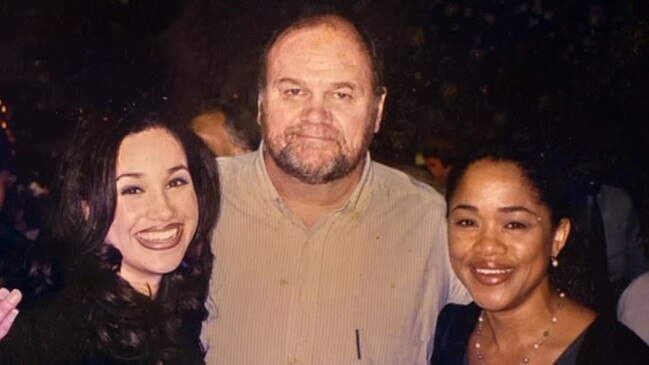Duchess of Sussex has won her ‘moral exploitation’ court case after a High Court judge has ruled her privacy was breached
The Duchess of Sussex has won her ‘moral exploitation’ court case after a High Court judge has ruled her privacy was breached.
Meghan Markle has won her “moral exploitation’’ court case after a High Court judge has ruled her privacy was breached.
The Duchess of Sussex, 39, had sued Associated Newspapers Limited (ANL), publishers of the Mail On Sunday and MailOnline, for misuse of private information, and infringement of copyright for publishing extracts of a five-page letter she sent her 76-year-old father Thomas Markle shortly after the 2018 royal wedding.
In a summary judgement, the five newspaper articles in question published in February 2019, were ruled to be “manifestly excessive”.
The summary judgement in her favour means the evidence won’t be tested before a full trial and that the Duchess won’t face off her father in a court room. The five mystery friends of the Duchess quoted in a favourable People magazine article, which first referred to the letter bringing its presence to light, will also remain anonymous.
The Duchess hailed her “comprehensive win” on both privacy and copyright, saying: “We all lose when misinformation sells more than truth, when moral exploitation sells more than decency, and when companies create their business model to profit from people’s pain.”
The Duchess also accused the Mail on Sunday of engaging in “illegal and dehumanising practices”.
The Mail on Sunday and MailOnline said they would be considering an appeal.

Lord Justice Warby, who heard the two-day case, ruled that the Duchess had a “reasonable expectation” that the letter would remain private.
He ruled: “The majority of what was published was about the claimant’s own behaviour, her feelings of anguish about her father’s behaviour, as she saw it, and the resulting rift between them. These are inherently private and personal matters.”
The judge said the only tenable justification to publish would have been to correct some inaccuracies about the letter contained in the People magazine.
“The inescapable conclusion is that… the disclosures made were not a necessary or proportionate means of serving that purpose. For the most part they did not serve that purpose at all,” he ruled.
“Taken as a whole, the disclosures were manifestly excessive and hence, unlawful. There is no prospect that a different judgment would be reached after a trial.”
The judge also found that the newspaper articles “copied a large and important proportion of the work’s original literary content” and breached the Duchess’ copyright. However there remains a question over whether she was the “sole author”. The court had heard how several members of the Kensington Palace communications team helped her write it.








To join the conversation, please log in. Don't have an account? Register
Join the conversation, you are commenting as Logout